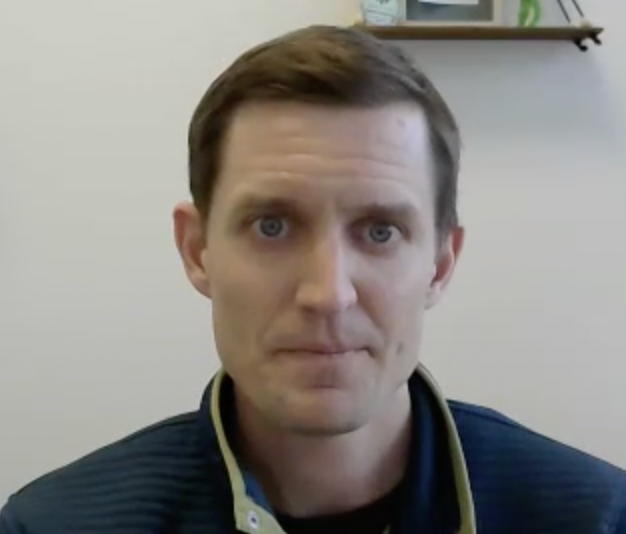Data Book podcast: Medical debt and the impact on patients and providers
In our latest episode, Ryne Natzke of Sphere talks about how providers need to take different approaches to ensure they are getting paid without leaving patients with heavy debt.
Medical debt is an enormous problem, as more than half of all U.S. adults have gone into debt because of medical or dental bills, according to the Kaiser Family Foundation.
Ryne Natzke

In our latest episode of the “Data Book” podcast, we talked about medical debt with Ryne Natzke, the chief revenue officer of Sphere. Sphere is a technology company that works with health systems on patient billing systems.
Ryne discussed the difficulties for patients. And he says medical debt could be considered a social determinant of health.
“Medical debt is the largest overall contributor to personal debt,” Natzke says.
We also talked about the challenges for providers. Healthcare providers, which are facing tremendous financial pressures in the pandemic, also need to collect as much as possible from patients, Natzke adds.
“Hospitals don’t love having all this money sitting out there uncollected,” he says.
We talked about how health systems can sustain their operations without leaving their patients with catastrophic debt. He talks about the need for health systems to use technology to help determine which patients may be facing financial hardships due to their medical costs, and how to help them.
But systems also need to give patients the human touch, and allow them to reach a person when they truly need assistance.
Reminder: You can subscribe to Data Book on Apple, Spotify, Google, iHeart Radio and virtually everywhere you get your podcasts.
Healthcare leaders: Prepare for a very different HIPAA security rule | Viewpoint
April 20th 2025The proposed changes to the HIPAA Security Rule are significant. Executives and boards need to prepare as the days of voluntary compliance end and a new era where leaders are held personally accountable emerges.
Telehealth faces a looming deadline in Washington | Healthy Bottom Line podcast
February 12th 2025Once again, the clock is ticking on waivers for telemedicine and hospital-at-home programs. Kyle Zebley of the American Telemedicine Association talks about the push on Congress and the White House.